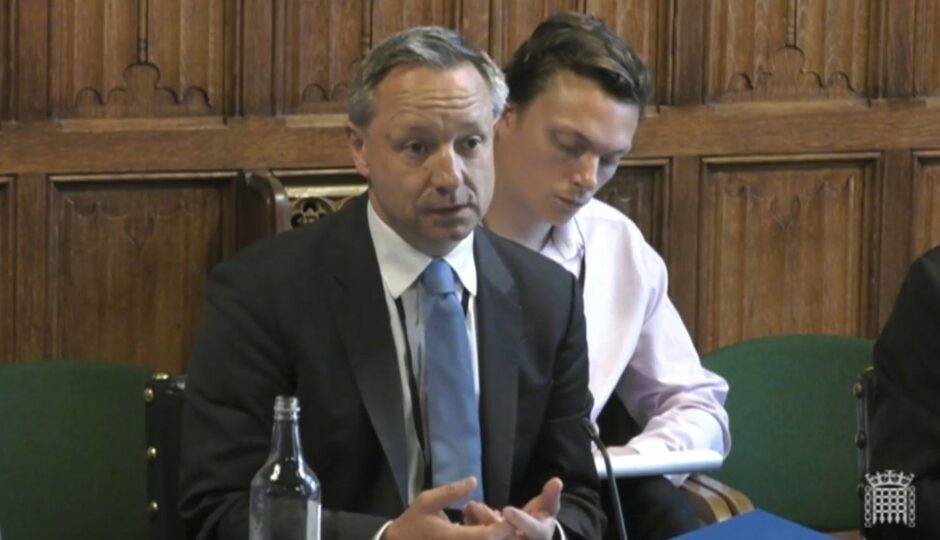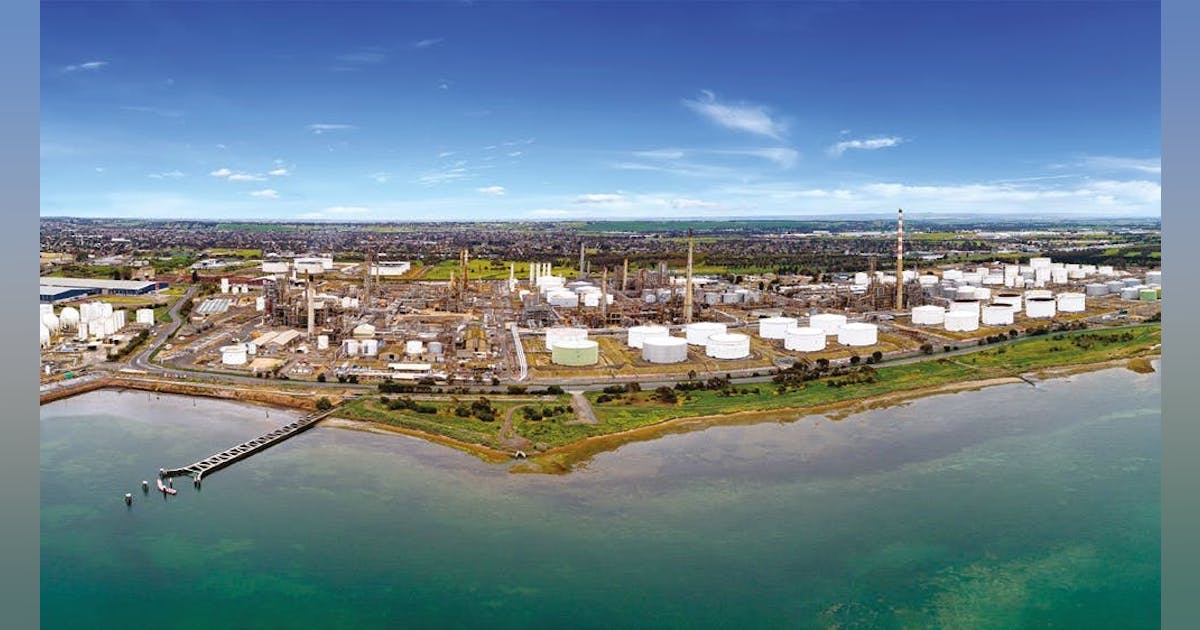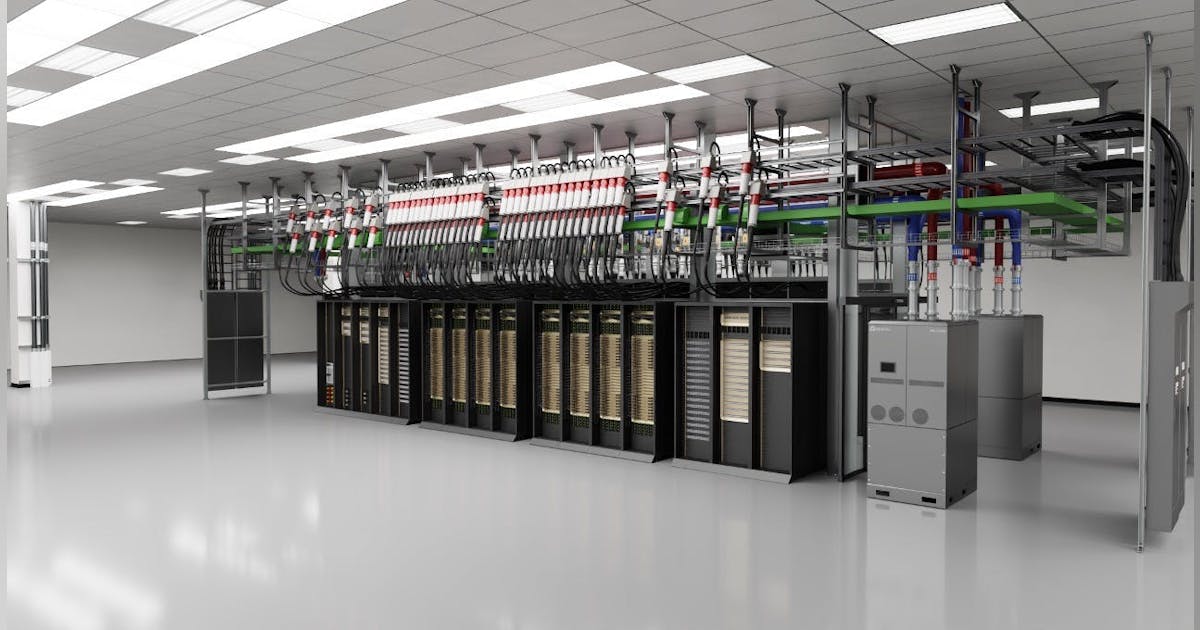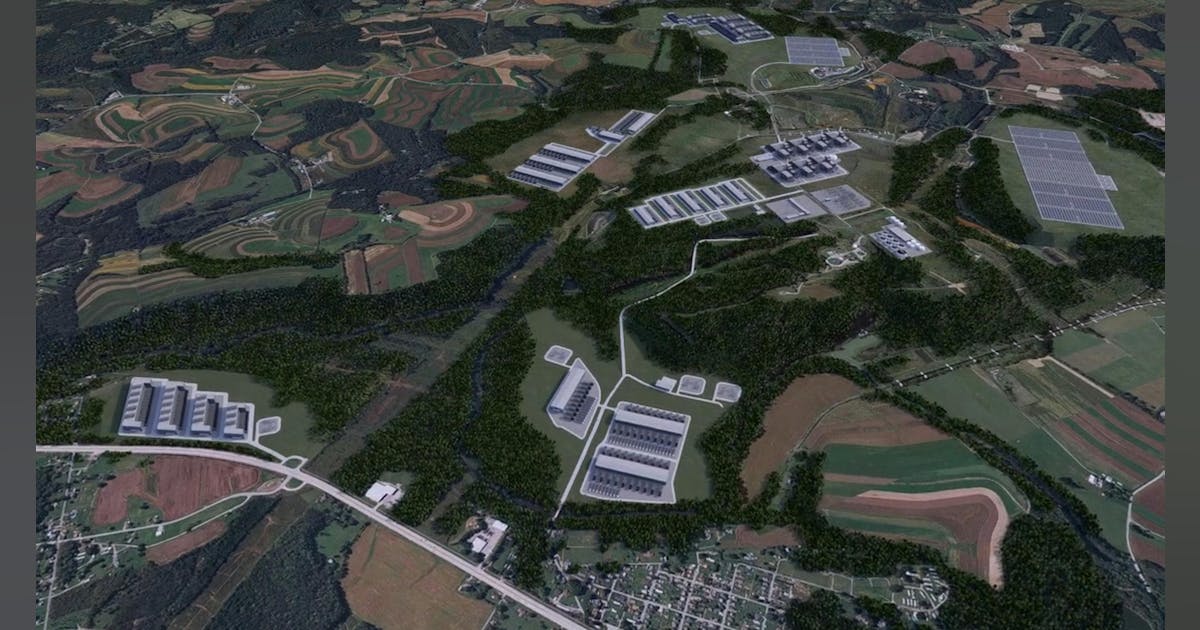So-called “zombie” renewable energy projects will no longer hold up the queue for connection to the electricity grid in a move expected to unlock £40 billion a year of investment.
New reforms drafted by the National Energy System Operator (NESO) in partnership with the energy industry have been given the green light by regulator Ofgem.
Over the last five years, the “queue” to connect to the UK grid has grown tenfold, with developers behind energy production schemes waiting up to 15 years for a connection.
The move, which comes after some delay, is in the context of government figures that show there has been £43.7bn of private investment announced into the UK’s clean energy industries since July.
Under the new changes, projects focusing on ” industries of the future” such as data centres and wind and solar projects, will be accelerated for grid connections.
Ofgem said the new regime abolishes the “broken first-come, first-served” system. This meant unviable, stalled or speculative zombie projects blocked hundreds of wind, solar and energy storage developments from connecting.
The move could kill up to 64% of all projects that have won contracts, representing 765GW from energy generation schemes that may be deprioritised for not hitting tough new criteria under the reforms.
Shake up
Under the new system, up to 360GW of projects on the current queue may have their contracts downgraded as “gate 1” because they are not ready.
A further 122GW could potentially be put back for not aligning with the 2030 plan.
Projects facing a cull or a downgrade must submit evidence to NESO in July although a submission window will open in May.
NESO has pledged to indicate which developers have successfully secured a place in the reformed queue from September 2025, with “revised offers” being issued in the autumn with an initial focus on those that are connecting in 2026 and 2027.
Energy Secretary Ed Miliband said: “Too many companies are facing gridlock because they cannot get the clean energy they need to drive growth and create jobs.
“These changes will axe ‘zombie’ projects and cut the time it takes to get high growth firms online while also fast-tracking connections for companies delivering homegrown power and energy security through our plan for change.
“In an uncertain world, our message to the global clean energy industry is clear; come and build it in Britain because we are a safe haven. If you want certainty, stability and security when it comes to your investments, choose Britain.”
The plan comes after Prime Minister Sir Kier Starmer said that a “new era of global insecurity” caused by Trump administration tariffs means that the government must go further and faster reshaping the economy, and that this requires a “new muscular” industrial policy that supports British industry.
Reforms
Lack of access to grid connections has been a significant factor holding back new investment in UK industries.
That means deprioritising those projects that are not ready or not aligned with strategic plans.
New commitments to investing in the UK have topped £38 billion since July 2024 for data centres alone, but grid access is the single biggest challenge facing these projects.
The reforms will also help fast track projects to generate homegrown, renewable electricity into homes and businesses.
The changes will also remove the need for tens of billions of pounds of unnecessary grid reinforcement, saving billpayers £5bn that would have been funded through charges on bills.
 © PA
© PAOfgem CEO, Jonathan Brearley said the connection reforms will “supercharge Great Britain’s clean power ambitions”.
He added: “The reforms would cut through red tape, consign ‘zombie projects’ to the past and accelerate homegrown renewable power and energy storage connections as we head to 2030.
“Houses and hospitals, electric vehicle charging stations, data centres and the emerging AI sector, would also all benefit from the proposed streamlined fast-track approach, which would help boost energy security and drive down bills.”
NESO chief operating office Kayte O’Neill added: “Reforming the connections process is a key enabler for delivering clean power by 2030 and will drive economic growth for Great Britain. Today’s milestone reflects the close collaboration across the energy industry with support from the Government and Ofgem.
“Together with the wider energy industry, NESO will focus on prioritising agreements for projects that are critical and shovel ready, bringing these to the front of the queue and giving developers the certainty they need to support investment decisions.”






















